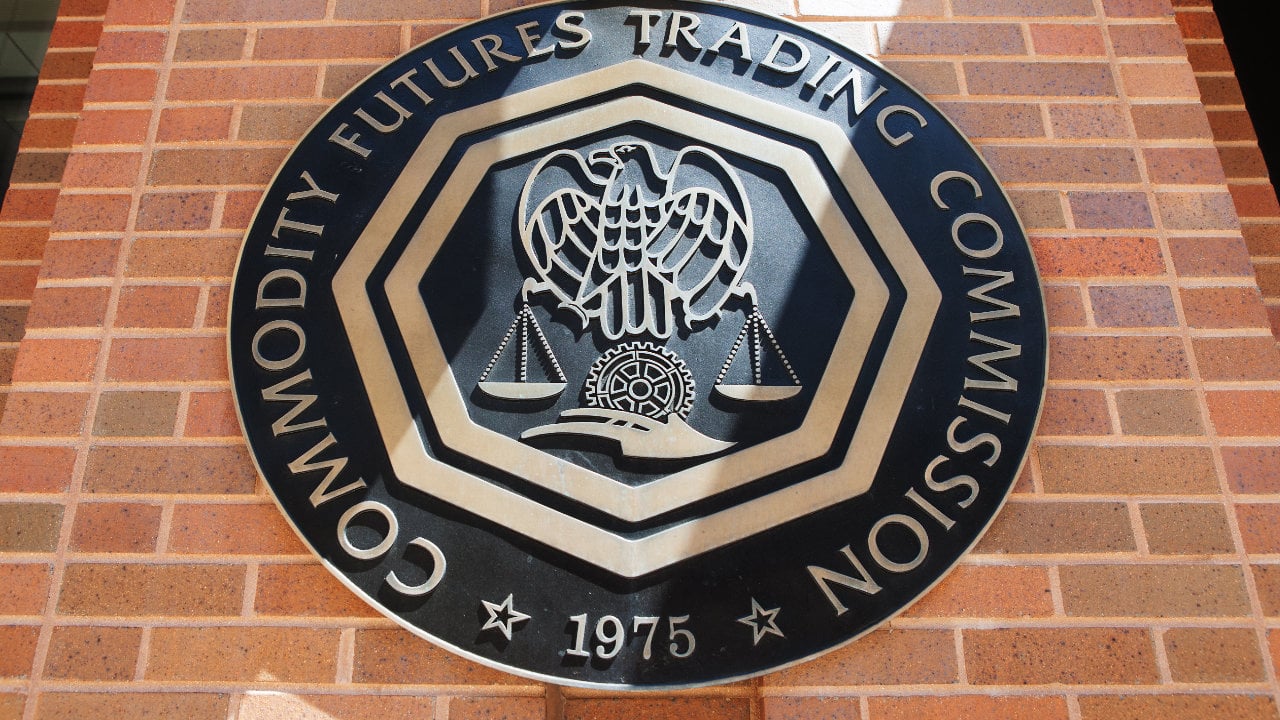
The Commodity Futures Trading Commission (CFTC) has charged Payward Ventures, the operator of cryptocurrency exchange Kraken, “for illegally offering margined retail commodity transactions in digital assets, including bitcoin, and failing to register.”
CFTC Charges Kraken, Imposes $1.25 Million Penalty
The Commodity Futures Trading Commission (CFTC) announced Tuesday that it has imposed a $1.25 million penalty on cryptocurrency exchange Kraken.
The derivatives regulator issued an order filing and settling charges against Payward Ventures Inc., dba Kraken, “for illegally offering margined retail commodity transactions in digital assets, including bitcoin, and failing to register as a futures commission merchant (FCM).” According to the CFTC:
The order requires Kraken to pay a $1.25 million civil monetary penalty and to cease and desist from further violations of the Commodity Exchange Act (CEA), as charged.
“From approximately June 2020 to July 2021, Kraken offered margined retail commodity transactions in digital assets to U.S. customers who were not eligible contract participants,” the derivatives watchdog noted.
The regulator detailed that “These transactions were unlawful because they were required to take place on a designated contract market and did not,” emphasizing that “Kraken illegally operated as an unregistered FCM.”
Acting Director of Enforcement at the CFTC, Vincent McGonagle, commented:
This action is part of the CFTC’s broader effort to protect U.S. customers. Margined, leveraged or financed digital asset trading offered to retail U.S. customers must occur on properly registered and regulated exchanges in accordance with all applicable laws and regulations.
Kraken is not the first crypto exchange sanctioned by the CFTC. In August, the Commission and the Financial Crimes Enforcement Network (FinCEN) charged Bitmex for operating an unregistered derivatives trading platform. The exchange agreed to pay $100 million to resolve the charges.
CFTC Commissioner Dawn Stump issued a statement Tuesday regarding the enforcement action against Kraken. While agreeing with her agency’s findings, she stated:
The application of the Commission’s FCM rules to an exchange on which retail commodity transactions are traded is uncharted territory at this time.
“I believe that if the Commission is going to hold an exchange liable for operating as an unregistered FCM with respect to retail commodity transactions, it is incumbent upon the Commission to explain in a transparent manner the relevant legal requirements for such an entity that seeks to register as an FCM and how the Commission will apply them in enabling the entity to conduct business with U.S. customers,” she concluded.
What do you think about the CFTC’s action against Kraken? Let us know in the comments section below.
from Bitcoin News https://ift.tt/3kSXzQI
Comments
Post a Comment